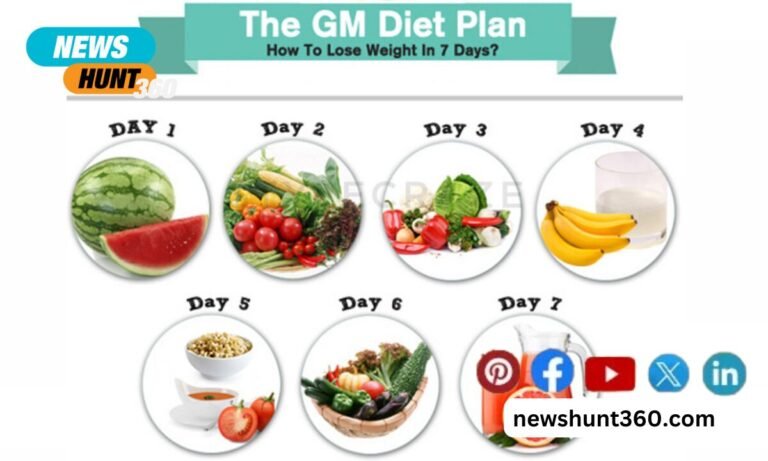Unexpectedly losing a job is never a pleasant experience. Sadly, it has become the reality and part of “the new norm” for scores of Americans during the recent crisis, quarantine, and shutdown periods. While the exact number is in the tens of millions, more Americans have been without their job in the past year due to furlough, layoff, firing, downsizing, and company shutdowns than ever before.
This turmoil has led more people to inquire about COBRA insurance coverage than ever before. COBRA, which is short for Consolidated Omnibus Budget Reconciliation Act, is a federal mandate that provides workers with the option to continue their health coverage after they lose their jobs. While this may lead many to believe that it is part of modern Affordable Care Act-era legislation, in fact it has actually been existent since the Ronald Reagan era. In recent days, it last saw a period of major use during the ‘08 financial crisis, but during COVID times, it has been in the national media spotlight like never before.
Even with all the media coverage, there’s a lot of misinformation and questions about COBRA insurance plans.Here, we’ll uncover some of the correct information (and misinformation).
Who Qualifies for COBRA Insurance Coverage?
Typically speaking, anyone who leaves or quits their job and loses their insurance is automatically qualified for COBRA coverage. This goes whether the job loss is by choice, by force, or by circumstance, once the reason for leaving the job was not an occasion of “gross misconduct”. This extends to the spouse and children of the covered party.
If for some reason, someone passes away or is divorced or separated while using COBRA, their spouse and kids are still eligible for the program. COBRA also applies to other special cases, such as losing coverage due to a reduction in the number of one’s working hours, or if the primary insured party becomes eligible for Medicare.
Is COBRA Expensive?
In most cases, even though employees have to foot part of their insurance bill to obtain health insurance, their employers are subsidizing the insurance cost. Typically the cost of COBRA is the full, unsubsidized, amount of insurance plus a 2% administration fee, which can lead to some surprisingly high health insurance bills, especially considering that most people who are using COBRA insurance plans are already unemployed. While there are government programs that give healthcare tax credit to parties who are unemployed as a result of global trade issues, most people who are unemployed do not qualify for these programs.
Those programs aren’t the last hope- there are COBRA alternatives that can provide solace for the unemployed and uninsured. Private insurance, public health insurance, short-term insurance, children’s health coverage, and other options exist to fill in the gap that COBRA insurance leaves. Health Plan Options Today has a team of experts that is qualified and eager to help people get insurance that fits perfectly within their budget and needs. Check them out today to see what they can do for you.




